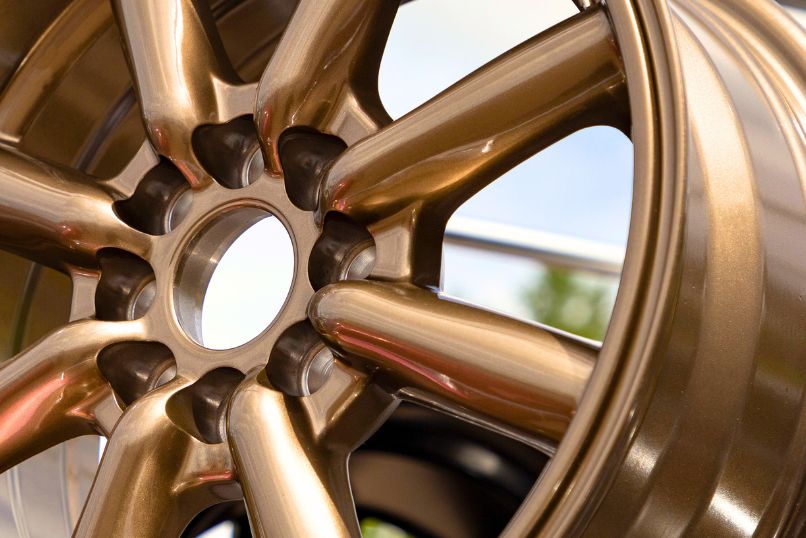Aluminum bronze is an alloy of copper, aluminum, and other elements such as iron, nickel, and manganese. This alloy is known for its excellent corrosion resistance and high strength, making it ideal for marine applications, industrial machinery, and electronic components. Effective machining is one challenge manufacturers face when working with aluminum bronze. Let’s explore why aluminum bronze is a difficult material to machine.
High Strength
Aluminum bronze has a high tensile strength, making it challenging to cut through. This characteristic negatively affects the machining process. The alloy’s strength makes it prone to hardening and causes the work tool to wear out quickly. This lack of durability leads to a shorter tool life, higher production costs, and longer machining cycle times.
High Abrasiveness
Aluminum bronze also presents a challenge in abrasion, which can cause severe damage to the cutting tool. Its abrasive nature significantly reduces tool life, leading to longer lead times and increased production costs.
High Thermal Conductivity
Aluminum bronze’s high thermal conductivity is another obstacle that machining manufacturers face. The material can cause heat build-up, negatively affecting the machining process. Using slow cutting speeds on alloys like c64200 aluminum bronze can cause heat-related problems. The heat produced during cutting can warp and disfigure the material, making it unfit for use.
Copper Content
Aluminum bronze contains a high copper content, which makes it challenging to machine. Copper sticks to the cutting tool, leading to unwanted burs and an uneven finish. Sticking can be particularly problematic in complex parts where a smooth finish is essential.
Poor Chip Formation
Another significant challenge manufacturers face with aluminum bronze faces is poor chip formation. Unlike other materials, aluminum bronze chips do not break cleanly, leading to clogged and jammed cutting tools. This problem increases downtime, reduces tool life, and prolongs machining cycle times.
Aluminum bronze is an excellent material for use in various applications. However, manufacturers face significant challenges when working with it due to its high strength, abrasiveness, high thermal conductivity, copper content, and poor chip formation.
These challenges may seem daunting, but you can overcome them by selecting the appropriate cutting tool, coolant, and machining parameters. Choosing the right approach and using best practices can reduce production times, lower production costs, and increase tool life, resulting in a successful machining process.
Wieland Diversified has aluminum bronze that can meet your needs for any application. Whether you are looking for metal for marine applications or the aerospace industry, Wieland Diversified has a comprehensive selection of aluminum bronze alloys that meet your needs. Contact us today to learn more about our products and services!

